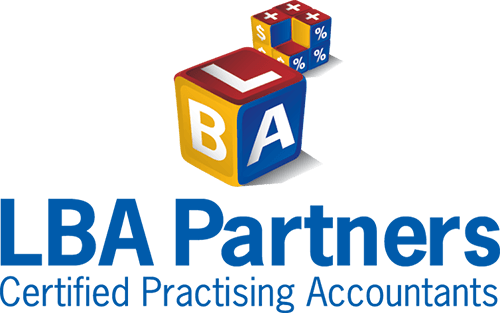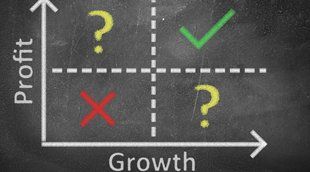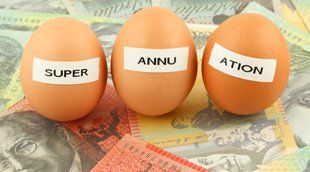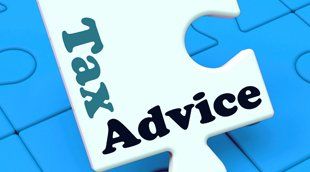P r a c t i c e U p d a t e
October 2010
New super clearing house for small business
A free (and optional) super clearing house service is now available to small businesses with less than 20 employees to help them meet their super guarantee obligations.
The Small Business Superannuation Clearing House is administered by Medicare Australia and lets employers pay their super contributions to a single location in one simple electronic transaction.
Small businesses that register to use the service will have their super guarantee obligation discharged, as long as all of the following apply:
- they pay the correct amount;
- they pay by the super payment cut-off date;
- the payment is accepted by the clearing house; and
- the payment is not rejected by the super fund.
Employers who receive an employee's choice of fund nomination will have their choice obligation discharged if they pass the information to the clearing house within 21 days of receiving the choice of fund nomination.
Small businesses can register online for the service by:
- visiting the Medicare website at www.medicareaustralia.gov.au/super; or
- phoning Medicare Australia on 1300 660 048.
The Tax Office, the cash economy and benchmarks
One of the Tax Office’s new weapons against the cash economy is its industry benchmarks.
These benchmarks set out the expected income and expenses of small, medium and large businesses, most of which operate in the cash economy. The ATO now has over 100 benchmarks and this year is ramping up its attack against the cash economy by issuing about 100,000 letters.
The letters basically question why the figures returned by taxpayers in their income tax returns do not fit the industry average.
The ATO expects that after the 100,000 questionnaires are issued, about 3,000 – 4,000 audits will be conducted.
Editor: Should you receive any queries from the Tax Office on benchmarks or any other matter, please contact our office immediately.
No deduction for swimwear
The Tax Office has confirmed that expenditure incurred by a swimming instructor in purchasing swimwear was not an allowable deduction. He worked as a part-time swimming instructor and purchased swimsuits every six to eight weeks as a result of the damaging effect of the chlorine.
The Tax Office advised that although the clothing was specialised, it was still conventional clothing, indistinguishable from any swimsuit used for private purposes.
Editor: Many taxpayers fall foul of these rules and try to claim deductions for expenditure for ordinary clothing. Unless the clothing is protective, such as safety boots, etc., or certain uniforms, the expenditure is generally not deductible.
Use of assets in private companies
The Tax Office has advised that from 1 July 2009 (i.e., from the 2009/10 financial year just passed), where an asset is provided for the use of a private company shareholder (or associate), it will generally be treated as a 'payment' if the company provides them for:
- free; or
- less than their market value.
Example
Marina is a shareholder of a private company that owns a city apartment. The apartment is generally available for rent.
However, Marina asks the company not to rent the apartment out for a week so that she and her family can use it (for free) over a long weekend. Marina's use of the apartment is a 'payment' for the purposes of the deemed dividend rules.
The amount of any deemed dividend will be the amount the company normally charges for one week's rent.
Editor: There are a number of exceptions to these rules so please contact our office if you would like to know more about the operation of these new rules or the exceptions.
ATO looks at car and property sales
The ATO is about to start a new data matching program on car sales and property sales.
Motor vehicle data match
Details will be requested from the state and territory motor vehicle registering bodies where a motor vehicle was sold, transferred or newly registered between 1 July 2009 and 30 June 2010 and the transfer and/or market value of the vehicle is $10,000 or greater.
The ATO is basically using the data matching program to catch:
- those who are not in the system;
- businesses that are not reporting the sales of motor vehicles; and
- taxpayers in business whose reported income was not sufficient to support the purchase of the vehicle.
Real property data match
State and territory authorities will be asked to provide updated identity and transaction details relating to property title transfers between 1 July 1999 and 30 June 2010.
Personal fraud and tax scams
The ATO reports that scammers take almost a billion dollars from more than 800,000 Australians every year. Scams involving tax are common, and victims will often find that their identities have been misused or sold to commit fraud.
Tax scam example
Patrick received an email claiming to be from the ATO, stating that his income tax refund had been ‘recalculated’ and that he was entitled to an additional $250. All he had to do was click on a link in the email, provide some details, and he could expect the extra money in a few days.
He clicked on the link in the email, which took him to a website that for all purposes looked authentic. All he had to do was complete the form online, then click the print button and send the printed form to the ATO in Canberra.
When he clicked the ‘print’ button, not only did he print out the ‘claim form’ but he also unknowingly sent his full identity and credit card details electronically to an organised criminal syndicate in the Ukraine.
His identity was then sold on the black market. His credit card was used fraudulently to make $10,000 in purchases from online merchants. The syndicate also lodged a false income tax return in his name.
Suspect tax returns try to claim $millions in refunds
The Tax Office has advised that since 1 July 2010, more than 7,000 suspect income tax returns have been stopped for review. The returns which have been stopped and reviewed are making claims for refunds of around $30 million.
Last year, the ATO detected around 26,000 suspect income tax lodgments worth about $120 million in refund claims. Over 90% of returns reviewed included invalid claims.
Please Note: Many of the comments in this publication are general in nature and anyone intending to apply the information to practical circumstances should seek professional advice to independently verify their interpretation and the information's applicability to their particular circumstances.
Management Consulting
We have the know-how and experience to offer advice that helps you run your business more effectively.
Self-Managed Superannuation Funds
At LBA Partners we provide the professional advice you need to manage your own fund and greatly simplify the process for you.



